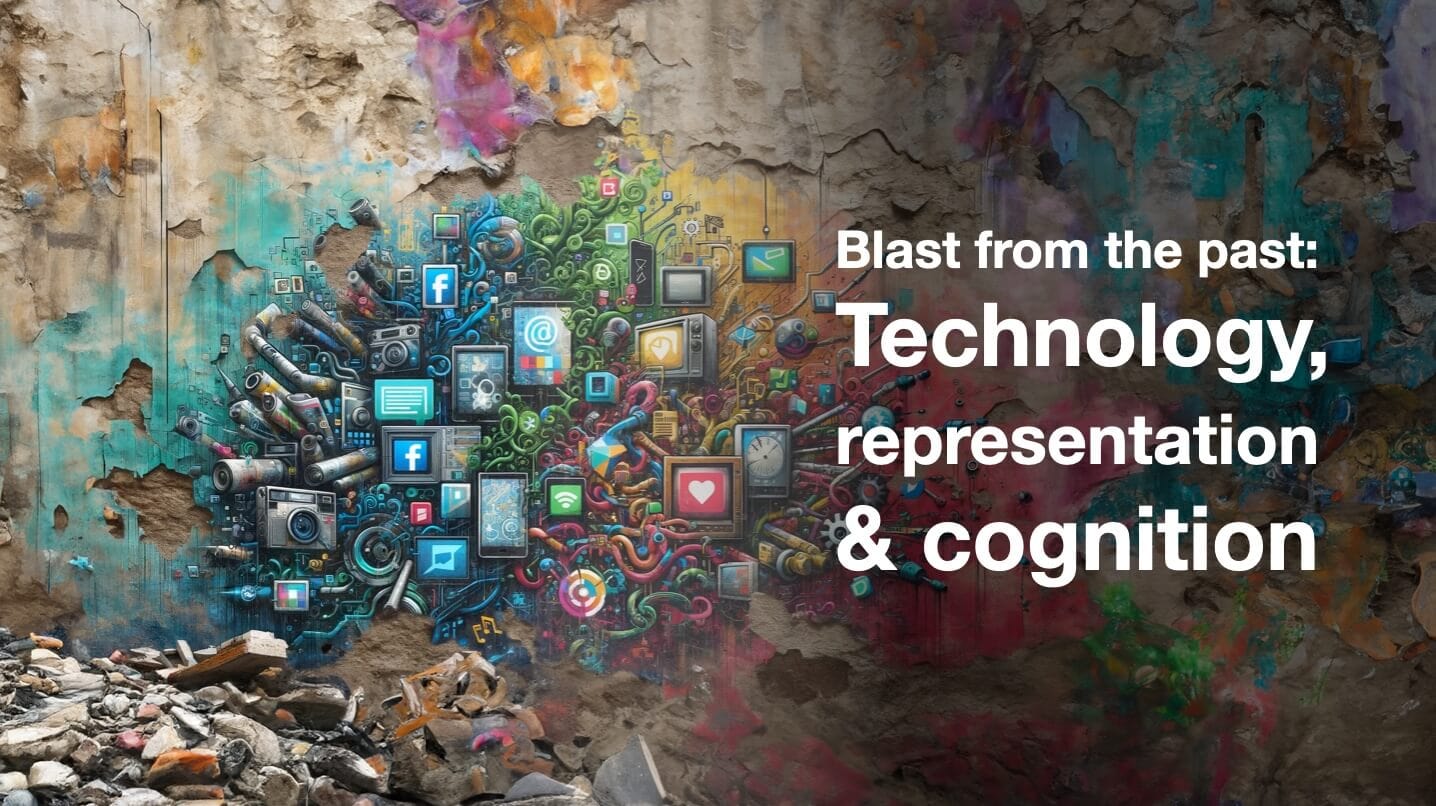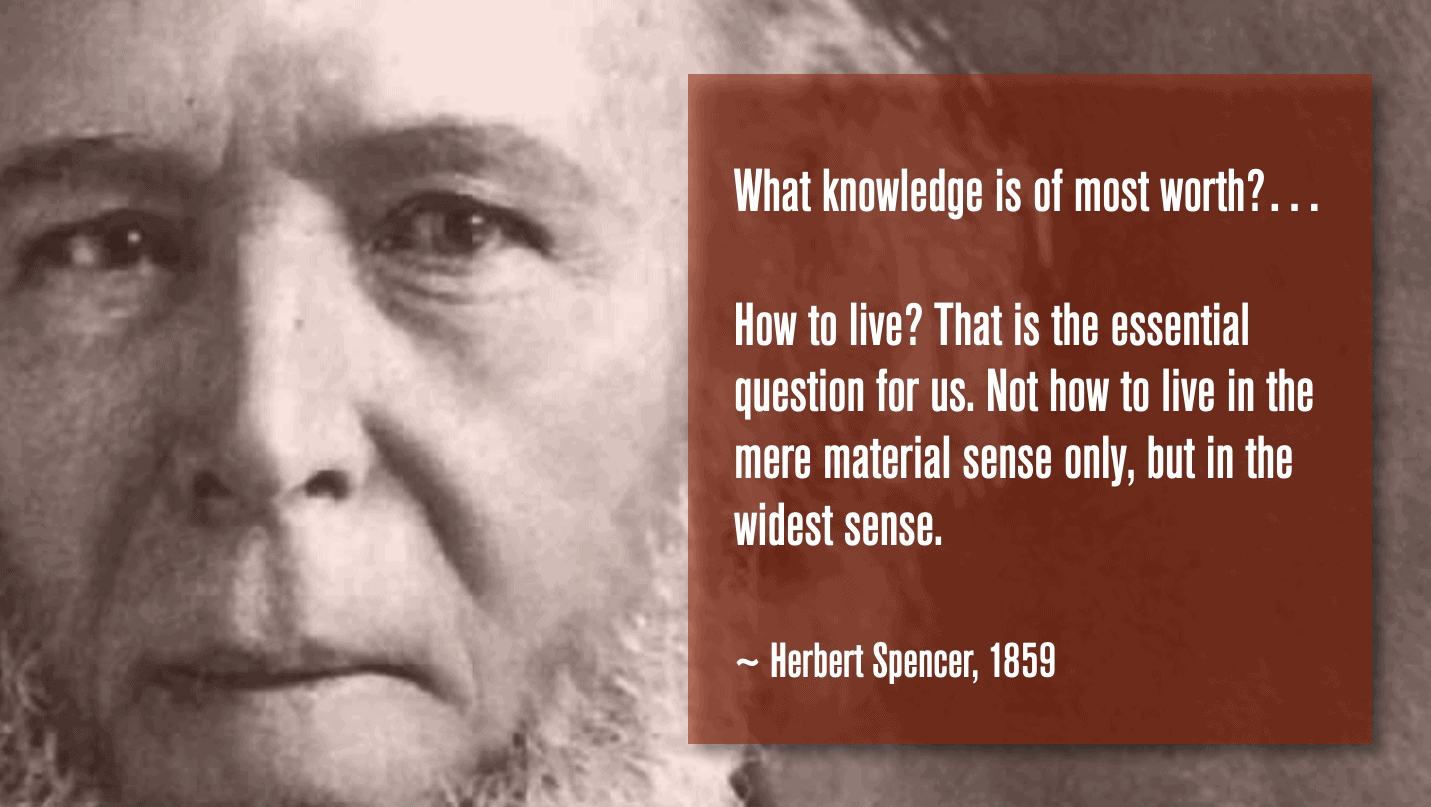I published my first academic article (a book chapter) in 1996 when I was a PhD student at the University of Illinois at Urbana Champaign. My the advisor, Rand Spiro, had been invited to write a chapter for an edited book and asked me if I would be willing to join him and his colleague (Paul Feltovich) in writing it. I, of course, jumped at the opportunity.
Given that this paper was written almost 30 years ago it is amazing just how relevant some of the ideas explored in that paper are, even today. In fact I have found myself citing it and quoting from it quite a bit over the past year or so. To be fair, not all of the ideas we discussed in this paper have dated well, but I do find myself going back to the first half of the paper for inspiration and insight.
Sadly, however, given that it was a chapter in an academic book (and one I assume is now out of print) the chances of someone finding the paper is quite low. Moreover, I realized (to my surprise) that I had not shared the paper on my website, so this post is an attempt to redress this gap. A complete citation and link to a scanned PDF is given below:
Mishra, P., Spiro, R. J. & Feltovich, P. (1996) Technology, representation & cognition. In von Oostendorp, H. (Ed.) Cognitive aspects of electronic text processing. (pp. 287-306). Norwood, NJ: Ablex Publishing Corporation.
The main argument made in the chapter (and the part that still holds relevance today) is that technologies have particular and specific attributes (often invisible to users of the technology) that prefigure or engender different mind-sets or ways of thinking. This question, of course, one that I have tried to grapple with in the new context we live in today—that of a world of generative AI. What IS the true nature of generative AI? What does that mean for us, as individuals and as a society? As I have argued, without understanding the true nature of this technology we will not be able to understand what it does for us, and as importantly, what it takes away.
I will be writing more about this in upcoming blog posts.



0 Comments